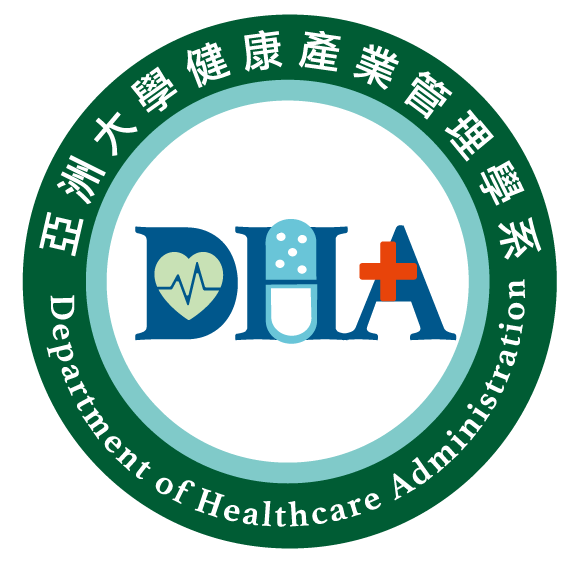Asia University (AU) held “2015 International Conference on Big Data and Biomedical Informatics (BDBI)” on Dec. 9. The conference invited the chairman of the Electrical and Computer Engineering Department and the director of the Informatics Institute at the University of Missouri, Dr. Chi-Ren Shyu, and many other international big-data scholars to join the conference. The conference themes were research trends on medical treatment, healthcare, drug usages, etc. AU President Jing-Pha Tsai in his speech given at the conference opening ceremony, mentioned that the China Asia Associated University (CA2), which is a union of AU and China Medical University (CMU), determines to work closely and conduct researches on the topics of precision medicine, big data, the Internet of things, 3D printing, and smart hospitals, etc. “Among these topics, precision medicine is especially important for the CA2 to focus on, which needs supports from results of various big-data researches in the future. A professor and the chair of the Department of Computer Science and Engineering at La Trobe University in Melbourne, Australia, Prof. Yi-Ping Phoebe Chen, presented in the conference a paper about pattern discoveries in biomedical and genomics applications. Her findings from comparing the gene series of women and men say that women get mature earlier and live longer than men for an average of 5 years with lower opportunities to have the autism and Parkinson's diseases, but with higher probabilities to get depression and Alzheimer's diseases. The vice superintendent of the China Medical University Hospital, Prof. Jan-Gowth Chang, gave a speech entitled “Big data in Hospitals: a New Challenge and Opportunity for Computer Scientists, Bioinformaticists, and Mathematicians.” He mentioned that the study of the big data of medical treatment was an important topic in medicine. Conduction of researches on the relations between cancer diseases and human genes may be assisted by big data analysis, and the research results can help doctors to heal patients’ diseases by more precise usages of drugs. “Applications of big data researches in medicine is still in its infancy period, requiring interdisciplinary experts in the fields of information science, electrical engineering, mathematics, and so on, to join and work together. A Professor of the College of Computing at the Georgia Institute of Technology, Prof. Ling Liu, presented a paper in the conference about the applications of big data analysis in the domain of healthcare. The topic was “Leveraging Big Data Analytics for HealthCare Applications.” She mentioned two special challenges, privacy protection and data-quality credibility found in her studies; and emphasized that privacy protection has great impacts not only on individuals but also on enterprises. Chairman Chi-Ren Shyu from the University of Missouri gave a speech in the conference on the topic of “Fast and Accurate Knowledge Discovery from Massive Biomedical Data Sources through Innovations in Informatics.” He mentioned that his laboratory colleagues, by using a multi-core graphics processing unit (GPGPU), achieved high-speed and accurate analysis of protein properties. He also emphasized that the research of protein analysis is a very important topic in the biological circle; and pointed out that such research results have great impacts on the studies of the relations between protein properties and cancer, Alzheimer’s, and mad-cow diseases, as well as on the development of drugs. A professor of the Department of Bioinformatics and Medical Engineering at AU, Prof. Ka-Lok Ng, presented in this BDBI conference a paper about his research findings of cancer gene analysis and new uses of conventional drugs with the title “In silico drug repositioning for human diseases.” He said that an efficient discovery strategy of anticancer drugs is urgently needed. He used cancer gene analysis to find the fact that normal contacts between regulatory elements on the chromosomes affect accessibility of these elements to transcription factors, thereby changing the patterns of gene regulation and chromosome activities; as well as the fact that aberrant changes in these patterns and activities may underline the causes of some important human diseases. “From these findings about cancer diseases, we can rank the impacts of the involved genes, and select accordingly existing matching drugs to treat the diseases,” said Prof. Ng. In the opening speech, AU President Jing-Pha Tsai emphasized the big-data definition as follows: big data have the properties of high volume, high velocity, high variety, and high veracity; and they are information assets that require new forms of processing to enable enhanced decision making, insight discovery, and process optimization. He said, “now we are living in a ‘cyberspace’ full of information; and human beings’ future life will be closely knit with big data of various kinds, like those of natural disasters, water resources, food problems, environmental pollutions, human diseases, the disparity between the rich and the poor, etc.” He pointed out finally that this international conference on big data and biomedical informatics included paper presentations as well as seminars, providing a platform for worldwide communications on future challenges and opportunities of big data and biomedicine studies.
|






